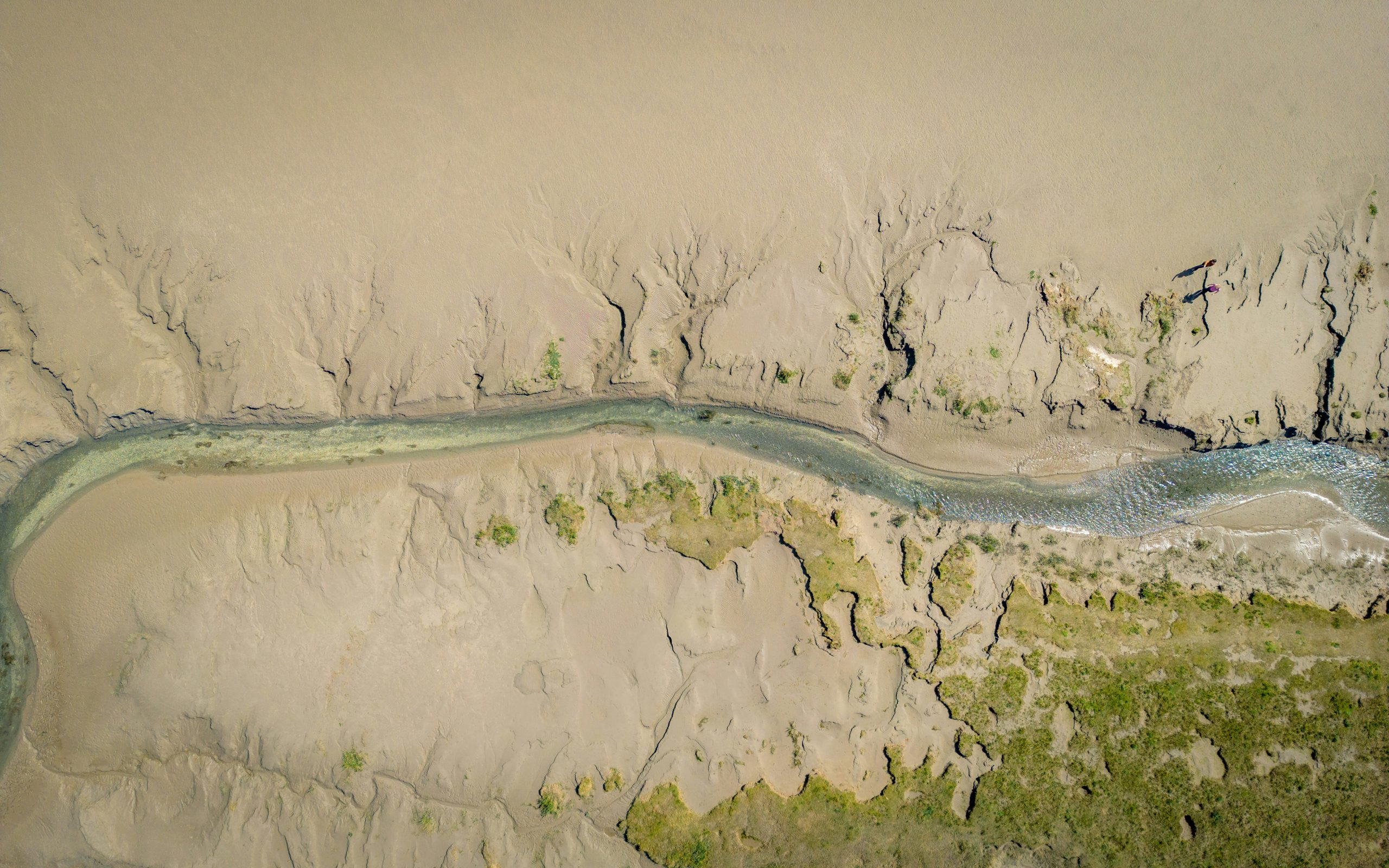In response to the European Digital Transformation Act, the existing European digital infrastructures are being enhanced and optimised to be harnessed for sustainable development. In particular, climate action can be underpinned by applications that provide scientific processing methods for enabling information generation from raw data to useful information.

The 2024 Climate Services Code Sprint will be on October 7-9 th 2024 with the aim of improve the deployment of Application Packages in EU-digital infrastructures in support of Climate Resilience. It will be a hybrid event. The in-person portion will take place at The European Centre for Medium-Range Weather Forecasts (ECMWF) in Bonn, Germany. Online participation will take place over Slack. Participation is free for everyone. OGC Members and non-Members alike are encouraged to attend.
The three days will be dedicated these specified topics:
- Enhancing Climate Resilience Application packages
The EU H2020 CLINT Project, of which OGC was a partner, developed Climate Resilience Application Packages, as well as related applications around the birdhouse collection of OGC WPS focussing on Climate data processing services. The enhancement will be e.g. transition from OGC WPS to OGC API – Processes or options to include Common Workflow Language (CWL). Interoperability to Zoo-Project, the GEO-LDN toolbox and their applications on desertification and landslides risk projection could be explored. - Deployment into digital infrastructures
The coding sprint will also focus on interoperability of the climate resilience application packages into the EU digital infrastructures like Climate Data Store of Copernicus Climate Change (C3S), Copernicus Land Monitoring (CLMS), Copernicus Emergency Management (CEMS) or WekEO, the European Open Science Cloud (EOSC), or individual Climate Service Information Systems. Interoperability to the UNCCD reporting portal PRAIS4 can be explored. - Enhancing Documentation and training material
Streamlining and fine tuning the existing material for easier access to open knowledge around the usage of the Climate Resilience Application Packages is going to be the third focus area to be enhanced and decided within the coding sprint. Beside online documentation, a good set of Jupyter Notebooks and DEMO portals as persistent demonstrators should be in place, ready to explore.




